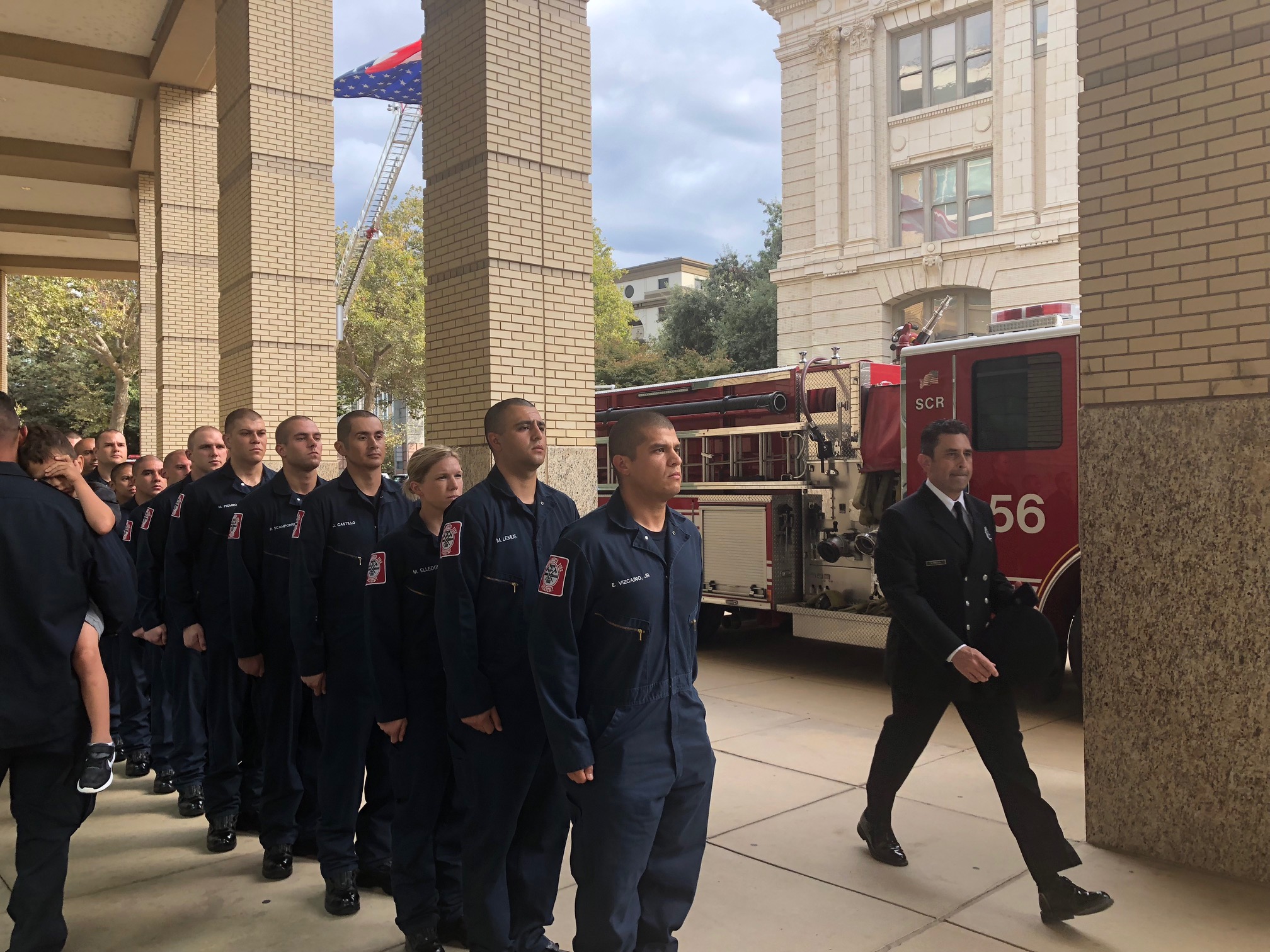Council embraces inclusive economic development; Measure U advisory committee
Mayor Darrell Steinberg and members of the Sacramento City Council Tuesday unanimously approved a preliminary framework for guiding city investments in economic development to ensure they create jobs and benefit all of Sacramento’s neighborhoods and residents.
The Council also voted unanimously to establish a Measure U Community Advisory Committee with more members and authority than the existing committee that oversees spending from the Measure U sales tax. The committee would make recommendations to the City Council on Measure U spending.
Next week, the Council plans to take up a resolution with specific steps on how to improve the efficiency of city operations.
Mayor Steinberg said the City Council’s actions will provide important assurances to voters this November when they consider the proposal to extend the Measure U sales tax and raise it from a half-cent to a full cent.
“Tonight is not the end point, it’s the beginning of developing accountability measures so if we gain these additional resources voters can be sure we will follow through on our promise to growth a modern, inclusive economy,” Mayor Steinberg said.
Measure U currently generates about $50 million a year that is spent on police, fire and parks. The first half cent of Measure U would continue to go to such vital city services, but Mayor Steinberg and his colleagues on the Council envision using the additional half cent to invest in such items as job creation, affordable housing, revitalization of aging commercial corridors and programs to get youth ready for the workforce.
The spending framework approved by the Council Tuesday will be used to guide development of a specific strategy for economic development. It will include metrics the Council can use to guide investments. City staff plans to work with community, business, housing and education interests to develop the strategy.
The metrics would be used for all City expenditures, not just those made with Measure U funds. The goal will be to boost the prosperity of neighborhoods and residents now left behind.
Unlike the Golden 1 Center, “This is not a single, shiny, impressive object,” Mayor Steinberg said. “This is hard work to lay a foundation, hopefully with significant resources accompanying it, that will allow us to reliably produce high-wage jobs, and housing.
“I think if we stick with this and are serious about it, it will have an impact that is greater than that great and serious achievement.”
Councilmember Jay Schenirer said the new framework is the first step toward building “a different infrastructure in the city for how we spend our money.”
Councilmember Jeff Harris agreed, saying: “It’s bold, it’s noble, and I think it’s overdue.”
The economic development framework includes four principles that emerged from the months of community participation and research that went into the City’s Project Prosper project. Under the framework, city investments should build community ownership, make neighborhoods healthier, create jobs and expand business ownership opportunities.
As approved by the Council, the new Measure U advisory committee would have 15 members, nine appointed by the Mayor and Council members from each council district and six by the Personnel & Public Employees Committee.
The makeup of the committee would include:
One member between 16 and 24 years old
One member with experience in affordable housing, homelessness or rental housing issues
One member representing a taxpayer organization
One member with experience with business, economic development or workforce development
One member with experience in community trauma, mental health or community-based crime reduction
One member with professional experience with youth-focused adult education, public health or environmental justice groups




